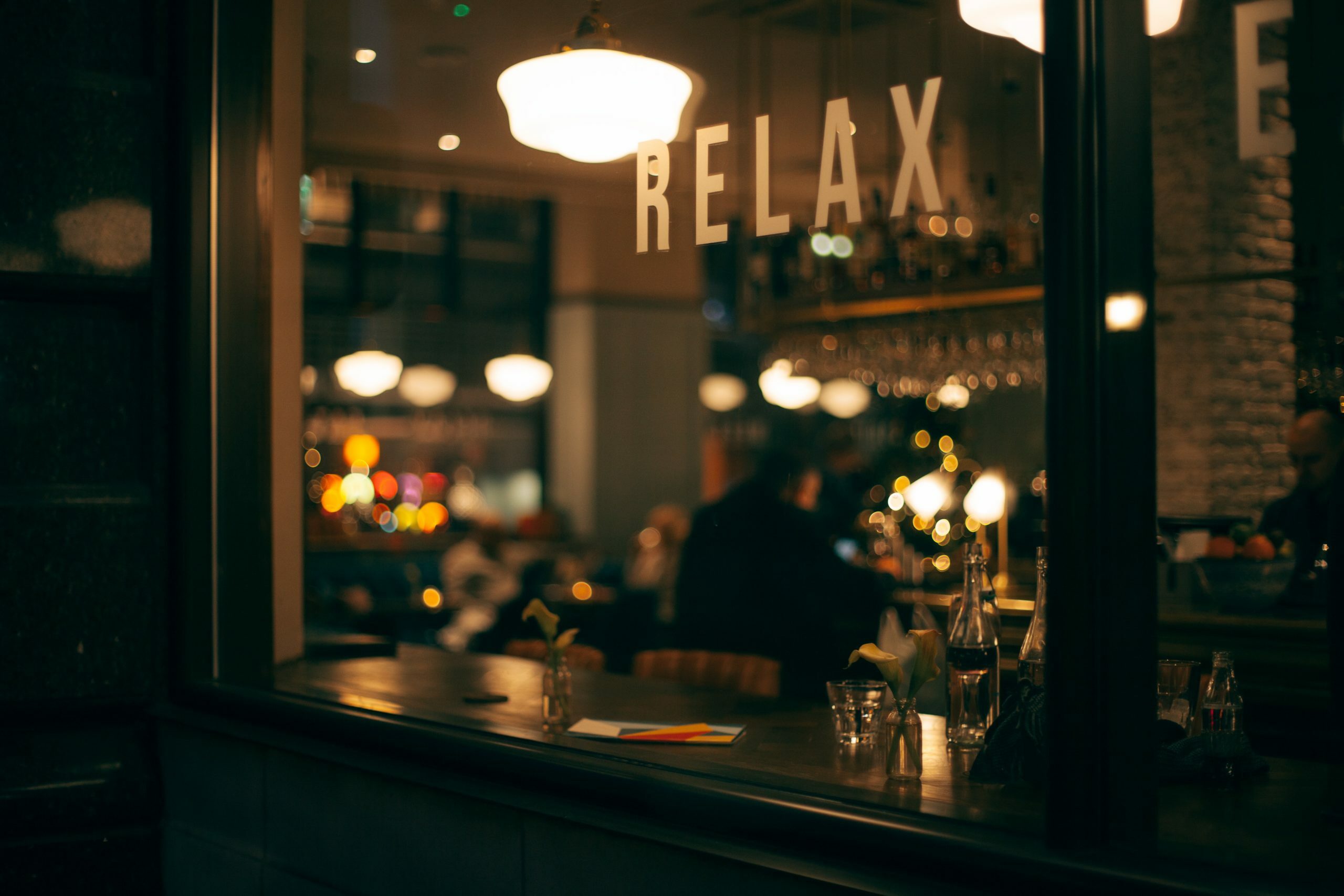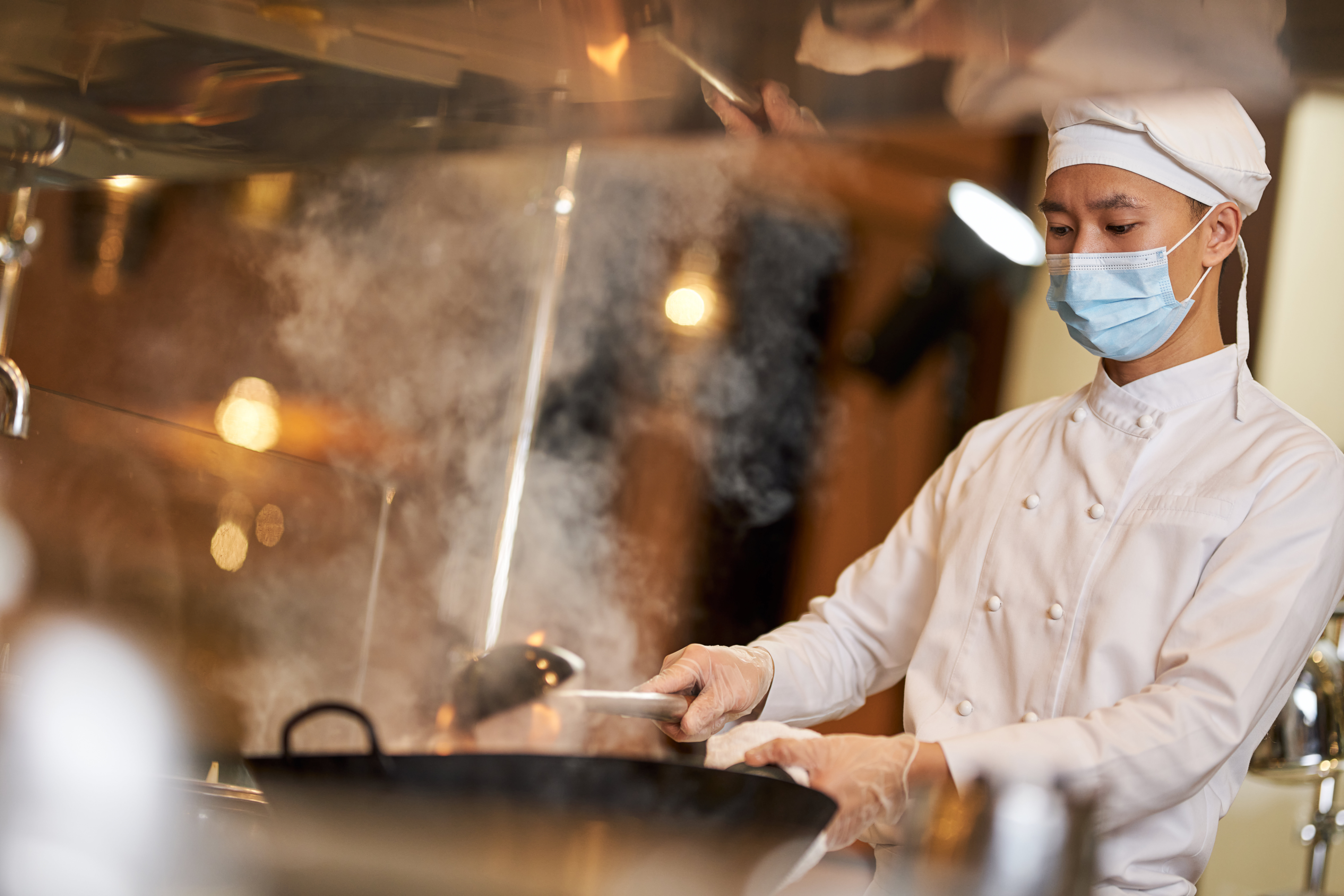Setting up a small restaurant presents a unique set of challenges: financing, unreasonable profit margins, changing laws and regulations, and increasing food costs, to mention a few. While it continues to be an uncertain time for the restaurant industry, here are some practical steps you can take to help you survive your first year as a restaurant owner, and also stay in business.
A Simple Menu
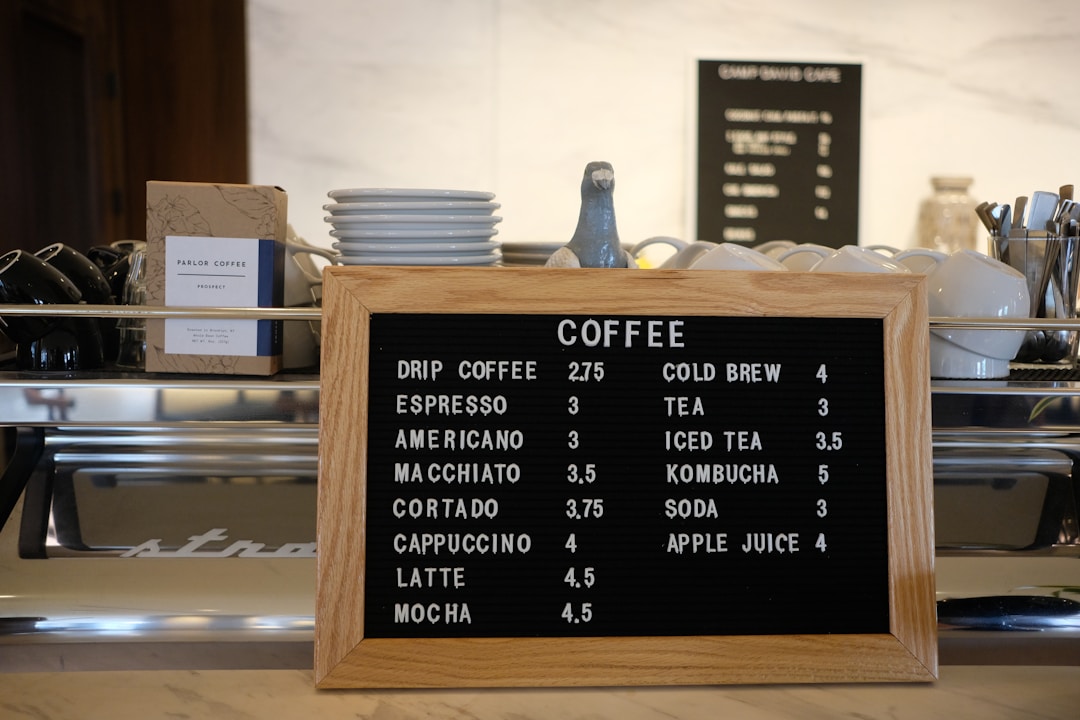
Among other things, your menu sets the tone for what restaurant equipment you’ll need, the size of your kitchen, and how much staff you’ll need to hire. Basically, your menu is the heart of your restaurant’s concept. Since you’re just starting out with a small restaurant, make your menu options as simple as possible to avoid overwhelming your staff, your budget, the customers, and yourself.
A smaller menu will also improve the customer experience in your restaurant. A smaller menu reduces decision fatigue. Now, more than ever, people prefer to have less choice than more. Additionally, a smaller menu also speaks to your restaurant’s perception of quality. When you narrow your menu to a few choice offerings, this lets your customers know that these meals are your specialties.
Quality Restaurant Equipment
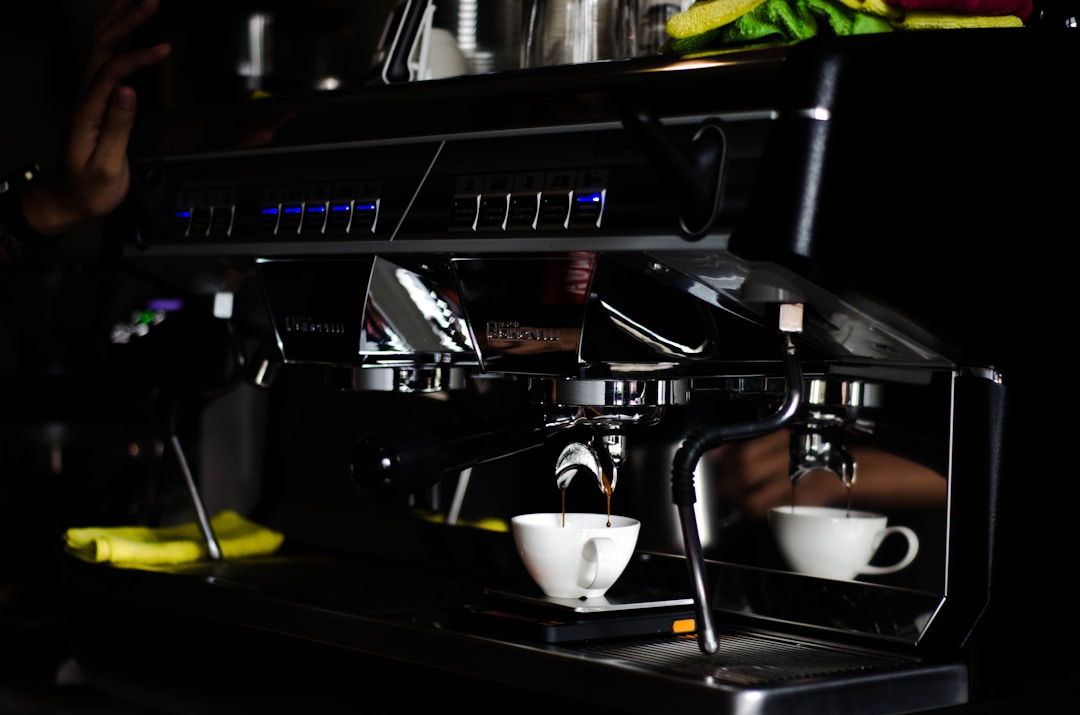
Your menu is what will help you decide what type of commercial kitchen equipment you’ll need to buy. As you plan to stock your new restaurant you may need everything from a griddle, fryer, or commercial oven, to refrigeration equipment, ice machines, crockery, and so much more. The cost of new restaurant equipment can be staggering, especially if you’re on a tight budget. Luckily, you can find top-grade used restaurant equipment for sale at restaurant equipment auctions, restaurant supply stores, and Craigslist. Make sure that whatever restaurant equipment warehouse you’re buying from is selling used commercial kitchen equipment that’s as good as new.
Embracing Online Ordering
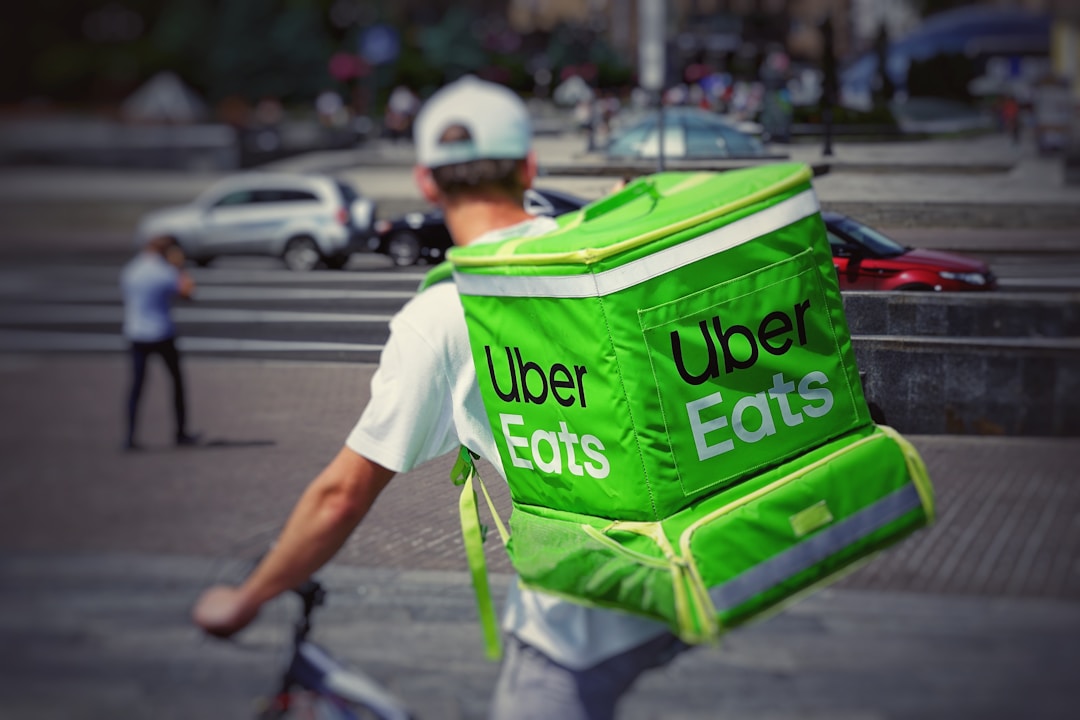
Creating an online ordering system is a great way to offer your customers convenience while making extra income on the side. The COVID-19 pandemic has turned online ordering into a market staple. Knowing this, your restaurant would be remiss if it didn’t make the effort to join in on this growing trend.
By not having an online ordering platform, you could be missing out on a huge target audience. These days, customers prefer the convenience of making their food orders online, without having to speak to someone else at the end of a phone line. To cash in on online sales, consider integrating your restaurant’s online ordering system with third-party food delivery platforms like Doordash, Uber Eats, Postmates, Grubhub, ChowNow.
Using an online ordering software like the kind that Cuboh provides also offers seamless POS integrations between your incoming orders, POS system, and food delivery turnaround time. To grow your restaurant sales further, consider adding discount gift card options, contactless delivery options (curbside or in-person pickup), new menu items for online orders, and customer review features to your restaurant’s website.
As your restaurant grows, also consider setting up merchandise such as brand coffee mugs, umbrellas, fleece blankets, or t-shirts as another way to generate income as you also enjoy the benefits of “free advertising.”
Physical Security
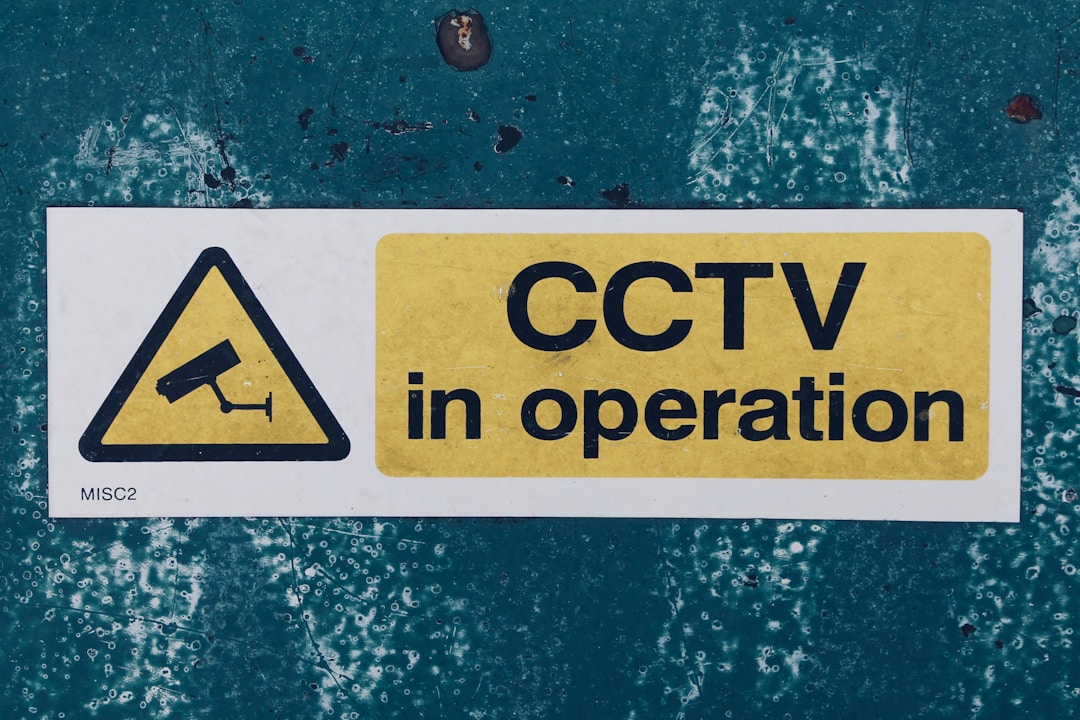
To avoid falling victim to fraud and crime, have security cameras installed. Restaurant surveillance is one of the most important measures usually taken these days for internal security. Verkada’s fisheye security camera is famous for capturing panoramic views, making it the best camera option for parking lots and property blindspots.
Another reason to go for Verkada’s fisheye security camera is the built-in night-vision properties. Your restaurant will need security around the clock, and this also includes nighttime. Verkada’s built-in night vision enhances security through the night with the help of its infrared illuminator (IR). This IR feature is what makes it possible for this fisheye security camera to record movement and images even in dark conditions.
Business Insurance
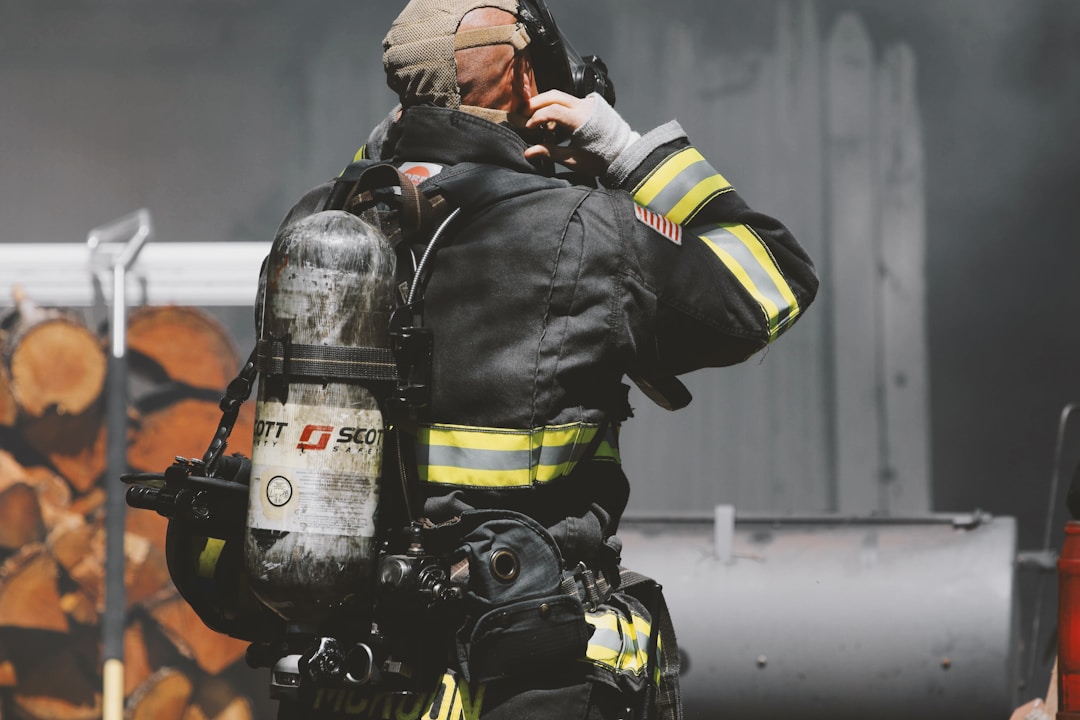
As a restaurant owner, you automatically assume responsibility for the safety of your staff and patrons. Your business activities have the potential to affect these groups in serious ways (food poisoning, partial or permanent disability) and costly ways (funeral expenses, lost wages, medical bills). Business insurance offers you financial and, in some cases, legal protection from some of these outcomes.
For instance, do you remember the infamous 2015 Chipotle E. coli outbreak that affected over 50 Chipotle patrons in nearly 11 states? While restaurants are expected to follow strict health codes, it’s still your responsibility as a restaurant owner to ensure that foodborne illnesses are not something your restaurant is associated with.
If a customer claims that your restaurant made them ill, they are within their rights to sue for damages. Without an insurance plan of any kind in place, one lawsuit could easily bankrupt your new restaurant.
There’s a lot of work and preparation that goes into setting up a new cafe. These tips are only the starting point, but we hope they offer you the clarity you need as you embark on this new journey.

